Publications
Articles, publications, books, tools and multimedia features from the U.S. Institute of Peace provide the latest news, analysis, research findings, practitioner guides and reports, all related to the conflict zones and issues that are at the center of the Institute’s work to prevent and reduce violent conflict.
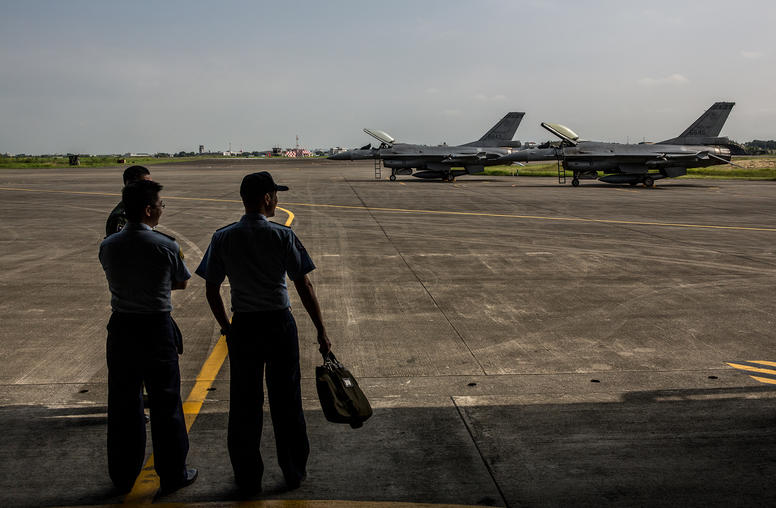
Three Takeaways on U.S.-China Relations After the Shangri-La Summit
Defense ministers from around the world gathered in Singapore last weekend for the annual Shangri-La Dialogue, a forum for discussing security challenges in Asia and an opportunity for high-ranking security officials to engage in bilateral talks. However, U.S. Secretary of Defense Lloyd Austin did not meet with his Chinese counterpart, Li Shangfu. Beijing suspended formal military-to-military meetings last August following then-Speaker of the House Nancy Pelosi’s visit to Taiwan. Since then, U.S.-China tensions have only ratcheted up, particularly following revelations this February that a Chinese surveillance balloon was hovering over U.S. territory.
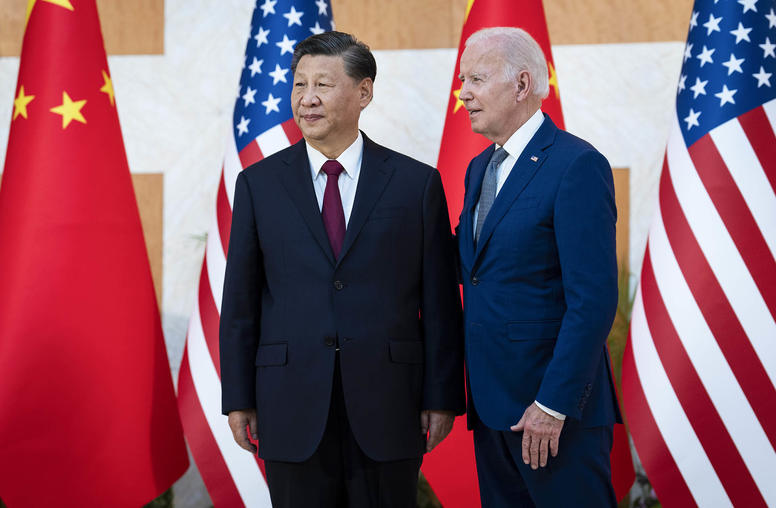
Three Key Takeaways from the Biden-Xi Summit
With the U.S.-China relationship at its lowest point in decades, the American and Chinese leaders met this week on the sidelines of the G-20 summit in Indonesia for their first face-to-face summit since Joe Biden was elected. The deteriorating bilateral relationship became particularly concerning in August when China cut key lines of communication between Washington and Beijing, including on critical military and climate issues, following House Speaker Nancy Pelosi’s visit to Taiwan.
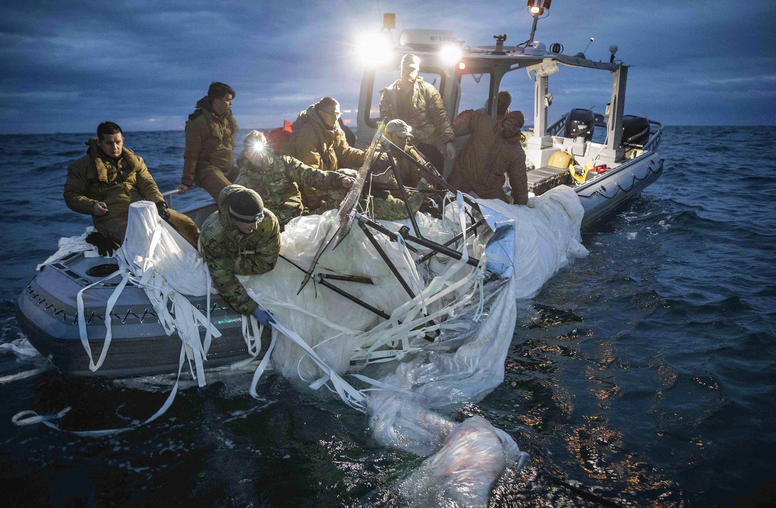
After Beijing’s Balloon, What’s Next for U.S.-China Ties?
Days before U.S. Secretary of State Antony Blinken was set to travel to Beijing, the Pentagon announced it had detected a Chinese “surveillance balloon” over Montana. The incident sparked intense speculation about China’s intentions, including why it would choose to employ a relatively low-tech surveillance device. Ultimately, Blinken announced on February 3 that he was postponing his trip, which would have been the first by a U.S. secretary of state in five years. With U.S.-China tensions already simmering, the balloon episode injects more mistrust and scuttled the opportunity presented by Blinken’s trip to resume cooperation on areas of mutual interest and demonstrate that both sides want to better manage bilateral tensions.
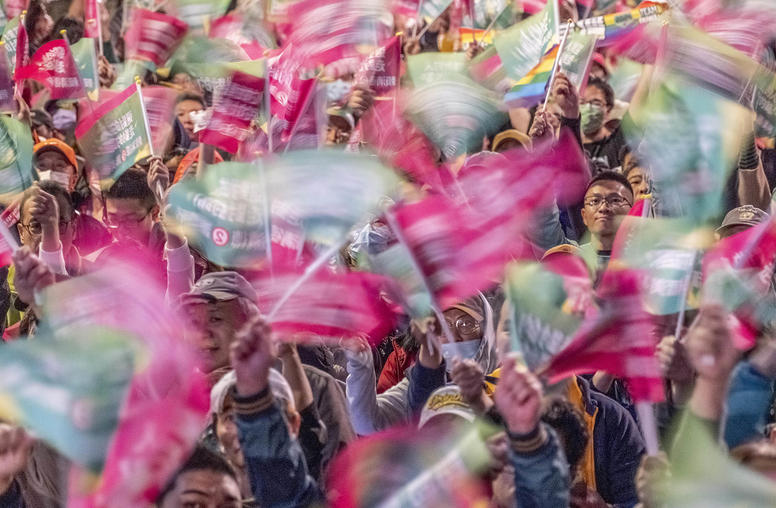
Are Taiwan and China on a Collision Course?
In a rebuff to China, Taiwanese voters on January 13 elected pro-sovereignty candidate Lai Ching-te as the island nation’s next president. Lai’s victory secures a historic third term for the ruling Democratic Progressive Party.
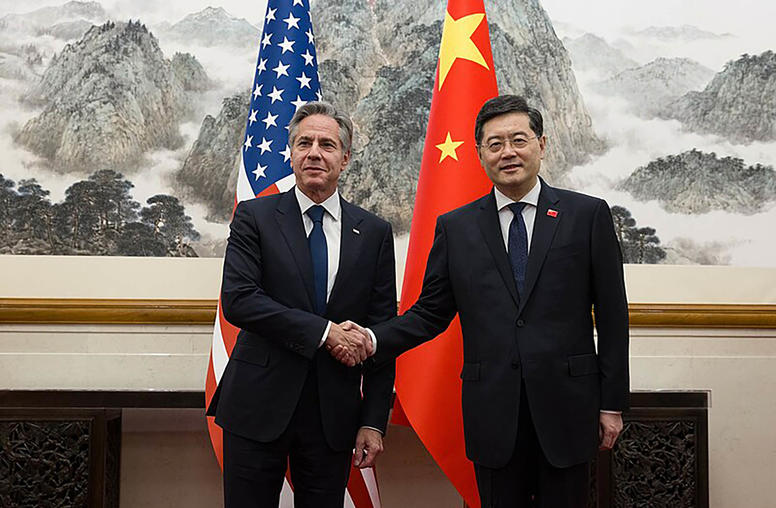
Blinken’s Beijing Trip: ‘Constructive’ but No Breakthroughs
Over the weekend, Secretary of State Antony Blinken finally made it to Beijing, where he met with senior-level Chinese Communist Party officials, including Xi Jinping. This trip was originally scheduled for early February but delayed nearly five months following the U.S. detection of a Chinese spy balloon hovering over American territory. Already on a downward trajectory before the balloon debacle, U.S.-China relations have continued to spiral since, as high-level communication has been on pause. While no major breakthroughs were made in Beijing and both sides stuck to their boilerplate talking points on issues of disagreement, the resumption of high-level dialogue is a positive step.
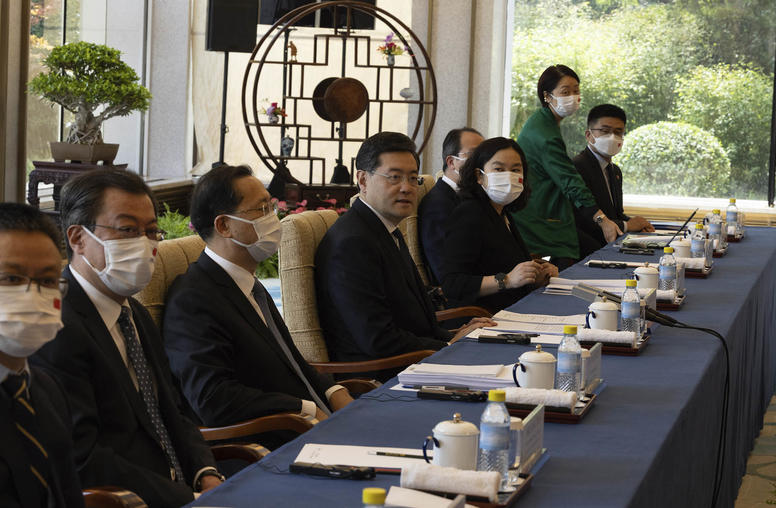
What Does Qin Gang’s Removal Mean for China’s Foreign Policy?
Speculation has run rampant the last month over the whereabouts of China’s foreign minister, Qin Gang. Rumors ranged from the salacious (he had an affair) to the mundane, while the official line states that he is dealing with health problems. On Tuesday, China officially replaced Qin with his predecessor, Wang Yi, who leads the Chinese Communist Party’s (CCP) foreign policy apparatus. Qin’s removal from office, and the erasure of references to him and his activities on official Chinese government websites, have only furthered interest into what happened. Beyond the political intrigue, the more substantive question is what this means for China’s diplomacy.
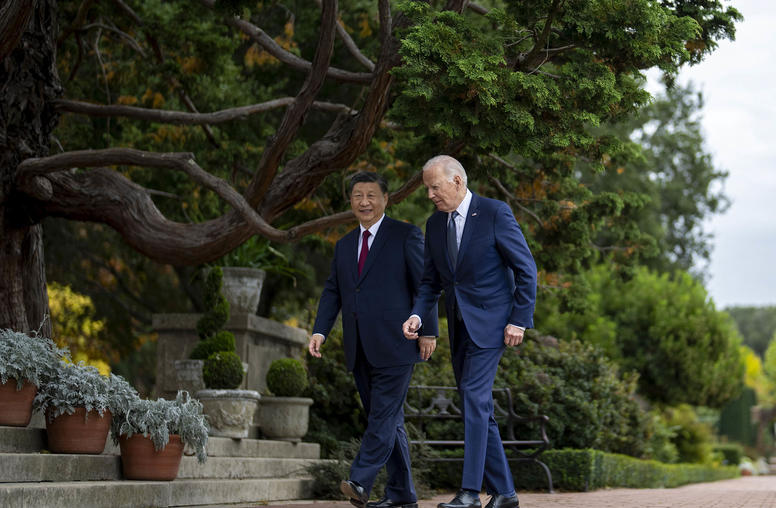
Biden and Xi at APEC: Averting Further Crisis in U.S.-China Relations
President Joe Biden and Chinese leader Xi Jinping spoke for several hours on the sidelines of the Asia-Pacific Economic Cooperation (APEC) Summit this week in San Francisco. After several years of deteriorating relations — and frozen communication — between Washington and Beijing, Biden characterized the talks as the “most constructive and productive” since he came to office. But the increasing strategic competition between the two powers leaves major issues still to be addressed, such as China’s aggression in the South China Sea and Taiwan Strait, BRICS expansion, nuclear security, and the wars in Ukraine and the Middle East.
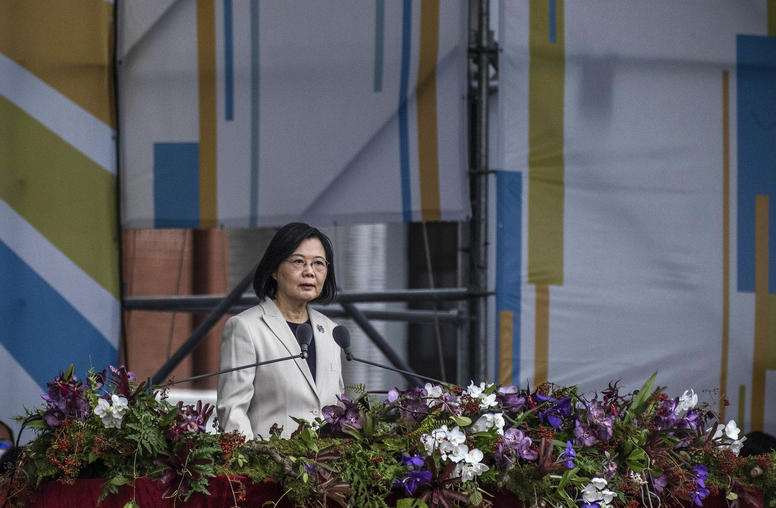
Tensions over Taiwan Rise with Tsai’s U.S. Stopover
President Tsai Ing-wen of Taiwan transits this week through the United States, stopping in New York on her way to Guatemala and Belize, and in California on her way home. Tsai has made six stopovers since she took office in 2016, but this is the first since July 2019. The stopovers are not official visits, but Tsai is expected to meet Speaker of the House Kevin McCarthy in California. Beijing has made it known it fiercely opposes the stopover and threatened to retaliate if McCarthy and Tsai meet.
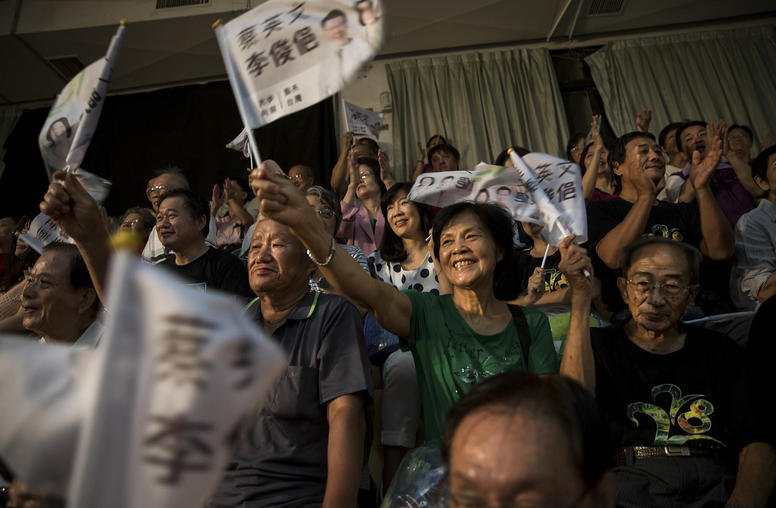
What You Need to Know About Taiwan’s Pivotal Presidential Elections
Ahead of the November 20 deadline to register candidates, Taiwan’s campaign season for the January 2024 presidential elections is in full swing and voters are presented with four candidates. While economic and energy policies will be key for voters, the chief foreign policy issue is how to manage relations with China. Both Beijing and Washington will be watching closely for what the election augurs for cross-Strait tension and Taiwan’s relationships with the world’s two major powers.
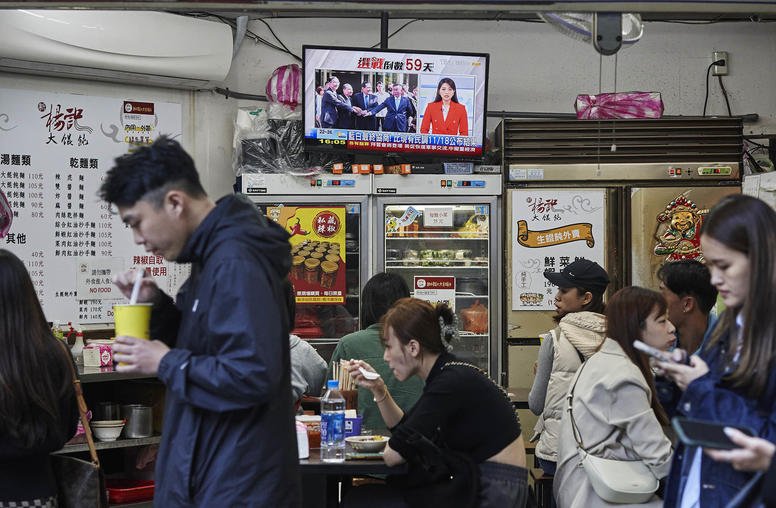
Taiwan’s Election Poses a Test for Island’s Ties with China
On January 13, Taiwanese will elect a new president in a race that is likely to have significant implications for the island’s relations with China as well as U.S.-China relations, regardless of who wins.